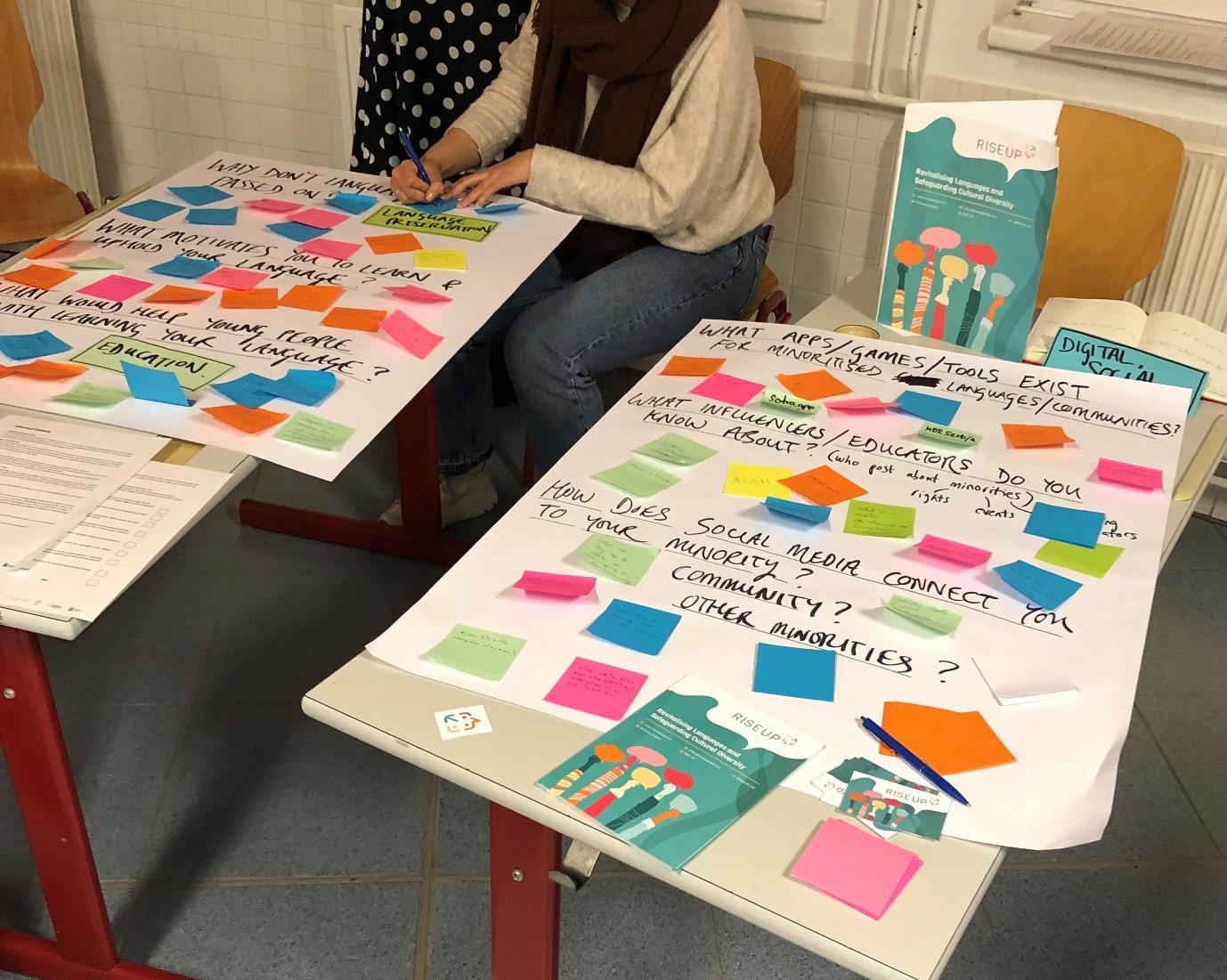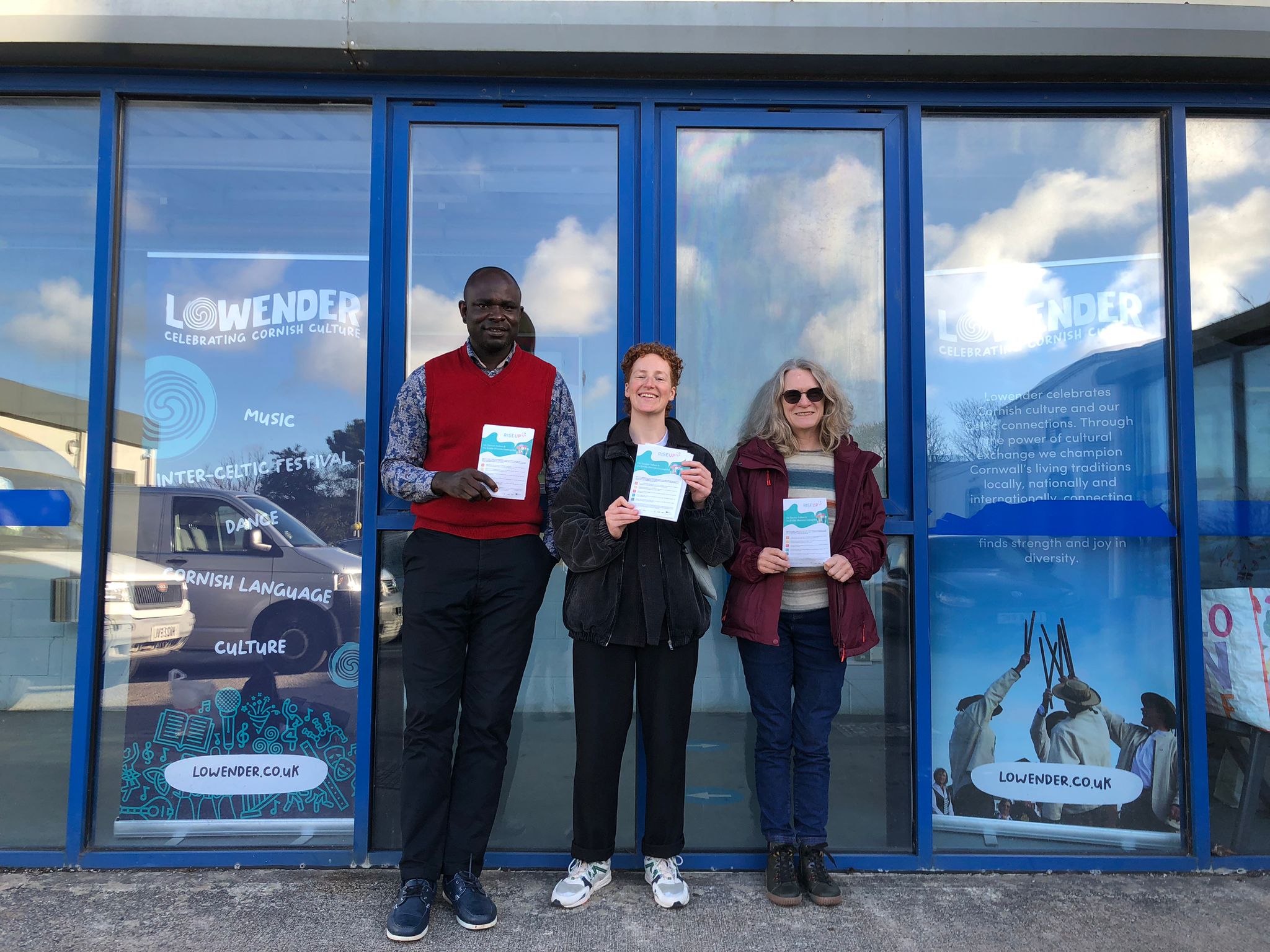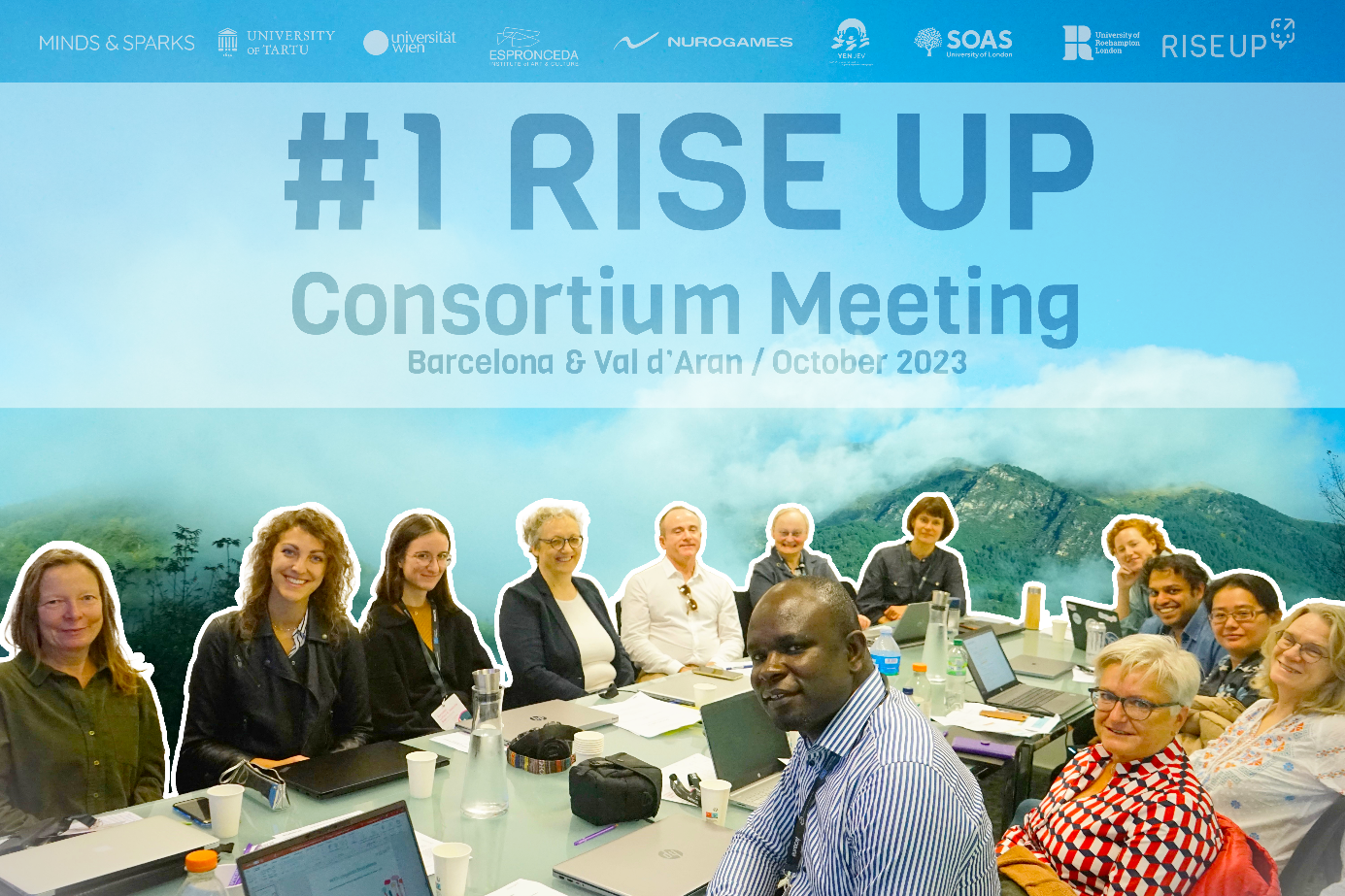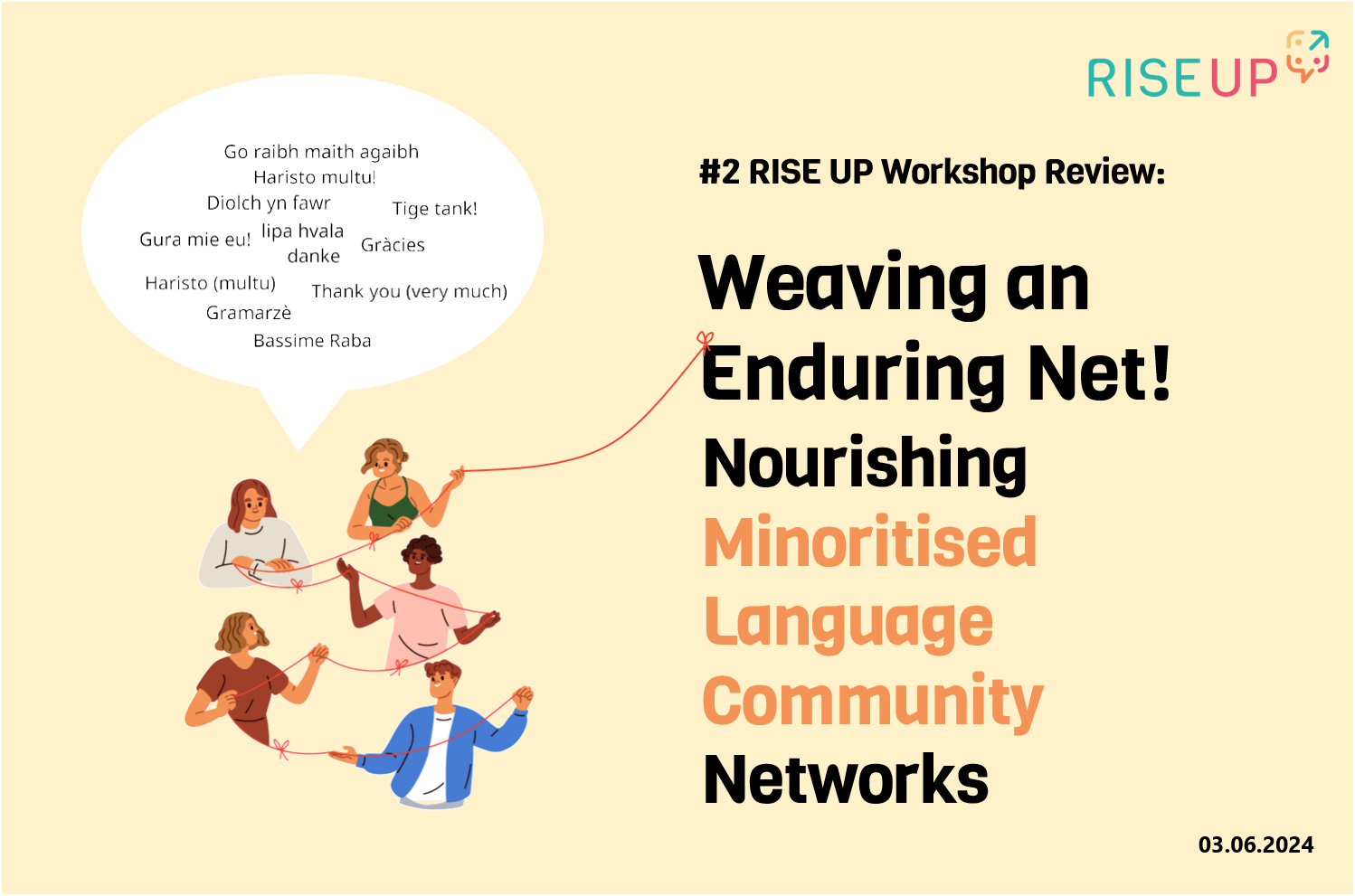
Bauer sucht Frau, immer noch? – Farmer wants a wife, still?
45 years after Susan Gal’s seminal study on how women’s strategic life choices lead to language shift from German-Hungarian bilingualism to the exclusive use of German in the Austrian town of Oberwart, Youth of European Nationalities (YEN) organised a workshop on tradition in Oberwart (Burgenland county).
In her 1978 paper ‘Peasant Men Can’t Get Wives: Language Change and Sex Roles in a Bilingual Community’ Susan Gal established that young women in Oberwart adopted German as their main language of interaction before any other social group. The women used the German language to symbolise their preferred social status as worker over peasant, which was associated with simultaneous use of German and Hungarian. Young women’s exclusive use of German was as much part of their presentation of self as their marriage strategies, or as one of them put it, “Peasant Men Can’t Get Wives”.
45 years after this pioneering anthropological sociolinguistic study demonstrating the symbolic value of languages, YEN, the largest network of youth organisations of autochthonous, national and linguistic minorities in Europe, organised a seminar on the topic of traditions in Oberwart. Among other topics, workshop participants explored whether language is seen as a tradition that is – or is not – passed from one generation to the next. The discussion showed that lack of prestige of minoritised languages is still an issue. In relation to intergenerational transmission, a member of the Slovenian minority community in Austria noted that parents are scared that their children will get discriminated against when they use the minority language (“stari se bojijo, da bi bili njihovi atroci diskriminirani”). Other comments suggest that pressure to assimilate to the majority/dominant societal groups is still strong and minoritised languages are not passed from one generation to the next because ”It’s just easier that way”.
Young participants’ views feed into the HORIZON Europe project RISE UP, which aims to empower especially young members of minoritised language communities to increase the prestige and use of these languages.
A recently conducted RISE UP survey on the other recognised minority language in Burgenland, Burgenland Croatian, shows that 65% of survey participants still disagree or strongly disagree with the statement that Burgenland Cration has more prestige than the national language Austrian German, and 64% believe that knowledge and use of the national language is important for social and economic advancement. On the positive side, 91% of the participants see using Burgenland Croatian as a strong part of their identity. 90% state that using/learning Burgenland Croatian makes them feel connected with who they are and where they come from, and 93% note that it makes them feel good/positive about themselves. Keeping Burgenland Croatian alive is very important to 96% of the participants of the RISE UP questionnaire. This said, half of the participants feel they do not have enough opportunities to learn and improve their minority language, and a staggering 74% stress that they do not have enough opportunities to communicate/practise with other speakers of Burgenland Croatian.
RISE UP is working with the Burgenland Croatian, Aranese, Aromanian, Cornish and Seto communities to improve this situation.
Author: Eva Duran Eppler, with input from Jenny Browne
Photo credits: YEN
Links
Paper by Susan Gal (1978): https://web.stanford.edu/~eckert/PDF/gal1978.pdf
RISE UP Survey: https://forms.office.com/pages/responsepage.aspx?id=6CtKoSEL-Uy1jG-eqxf-s-pBfO2Ke8ZEs0fAgxH2KKBUNDZUNzdYRFI2WUJVNE5MOVdWVVQxRzA3Uy4u
Keywords
Burgenland Croatian, Oberwart, minoritised languages, sociolinguistics, language use


